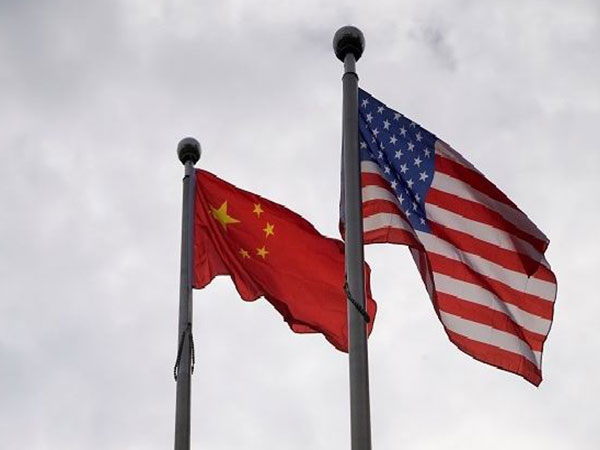The trade tensions between the United States and China have recently escalated, with Beijing announcing new export control measures targeting 28 US companies. These measures include placing 10 companies on a list that bars them from conducting business in China. The group of 28 companies primarily consists of defense contractors, including well-known companies such as Lockheed Martin, General Dynamics, Raytheon, and Boeing.
Chinese companies are now prohibited from selling “dual-use” goods, which have both military and civilian applications, to any of these entities. The Chinese Ministry of Commerce stated that these sanctions were implemented to safeguard national security interests and fulfill international obligations such as non-proliferation. Additionally, 10 companies, all subsidiaries of Lockheed Martin, General Dynamics, and Raytheon, were designated as “unreliable entities,” leading to stricter sanctions.
These sanctions include bans on importing and exporting goods to and from China, restrictions on new investments, and revocation of any work or residency permits held by the companies’ executives. Executives of these companies are also prohibited from travelling to China. The ministry justified the measures by citing the companies’ involvement in arms sales to Taiwan, emphasizing that the restrictions aim to safeguard national sovereignty, security, and development interests.
In response to China’s actions, a bipartisan group of US lawmakers proposed three bills in December 2024 to address China’s involvement in the US fentanyl crisis. The proposed legislation includes creating a US task force to combat narcotics trafficking and provisions that would enable sanctions against Chinese entities. The House of Representatives Select Committee on China stated that the proposed bills aimed to hold China’s ruling Communist Party responsible for contributing to the fentanyl crisis by subsidizing precursor chemicals.
Overall, the recent trade tensions between the United States and China have led to Beijing implementing new export control measures targeting US companies, with 10 companies being barred from conducting business in China. These measures include restrictions on selling “dual-use” goods and designation of certain companies as “unreliable entities,” resulting in stricter sanctions. Additionally, US lawmakers have proposed legislation to address China’s involvement in the fentanyl crisis, aiming to combat narcotics trafficking and hold the Chinese government accountable for contributing to the crisis.











